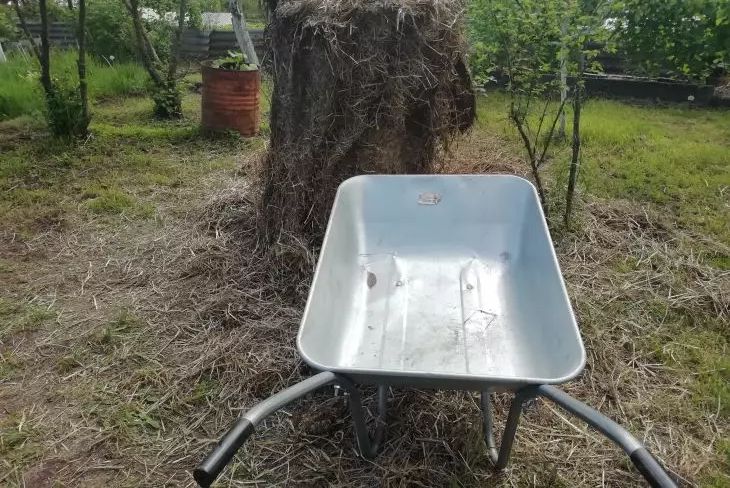Gardeners have no idea what an unforgivable mistake they make every year.
In order not to be left without a harvest, there is still time to remove one material from the beds that is considered the most useful, but in the spring it needs to be disposed of.
We are talking about sawdust, hay, straw or fallen leaves used as mulch to fertilize the soil.
What is mulch
A material used to cover the surface of beds to protect them from cold, heat, pathogenic microorganisms, and pests.
What to do with old mulch
Last year's material is not left in the beds.

Organic matter is placed on the beds in the fall, thus it will promote the reproduction of earthworms, stimulate the growth of beneficial soil microflora, which will have a positive effect on the quality of the soil.
In spring, the mulch is removed. This is especially true for those beds where diseases were observed last season.
Covered plants may suffer from a lack of sunlight, and the substrate will prevent the soil from warming up.
Mulch can harbor pests, small rodents and pathogens of other diseases.
Benefits of Mulch
Refusing to use mulch would be a rash mistake.
The substrate will bring many benefits to your garden:
- prevents moisture evaporation from the soil, maintains the temperature regime, protects plant roots from overheating or freezing, improves the structure and enriches the soil with organic matter.








